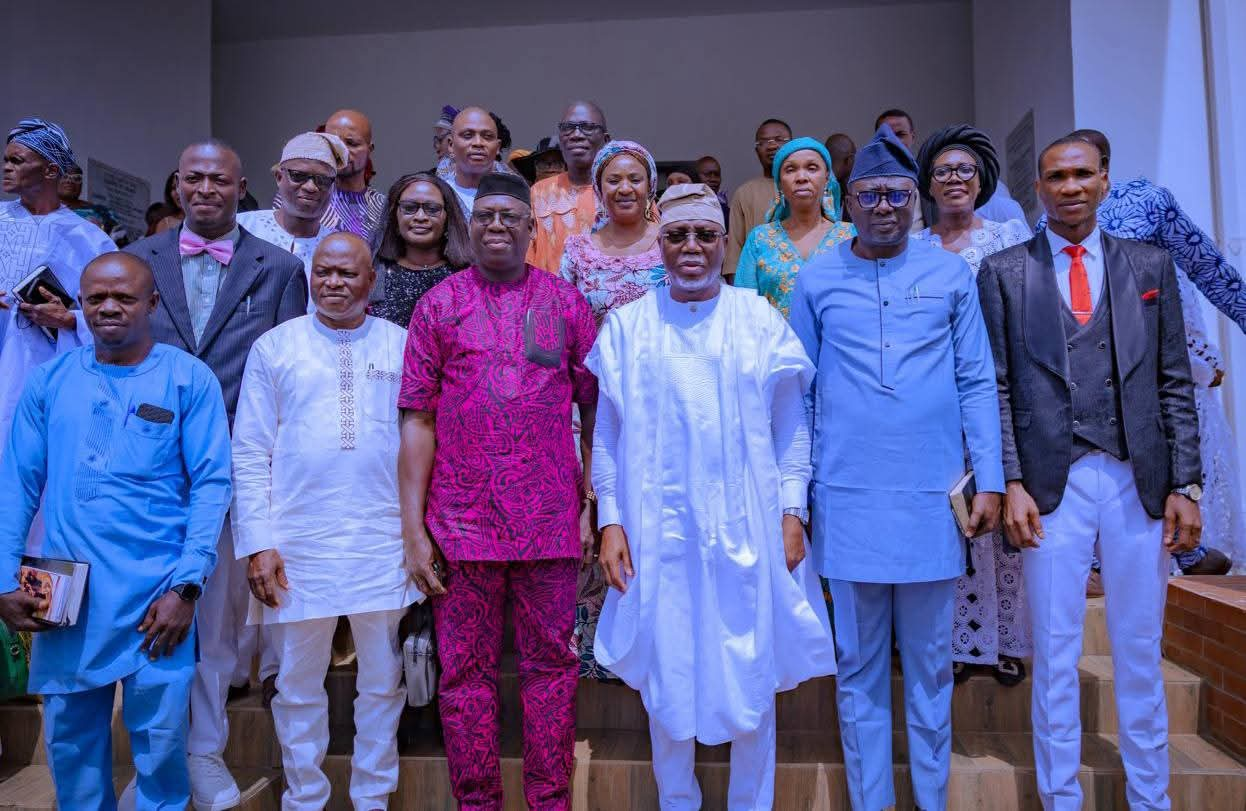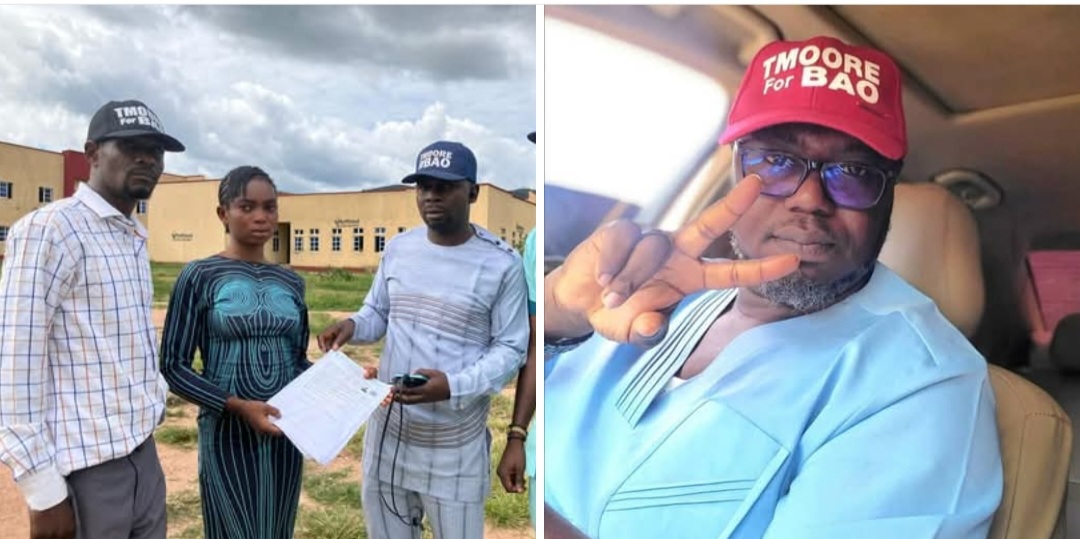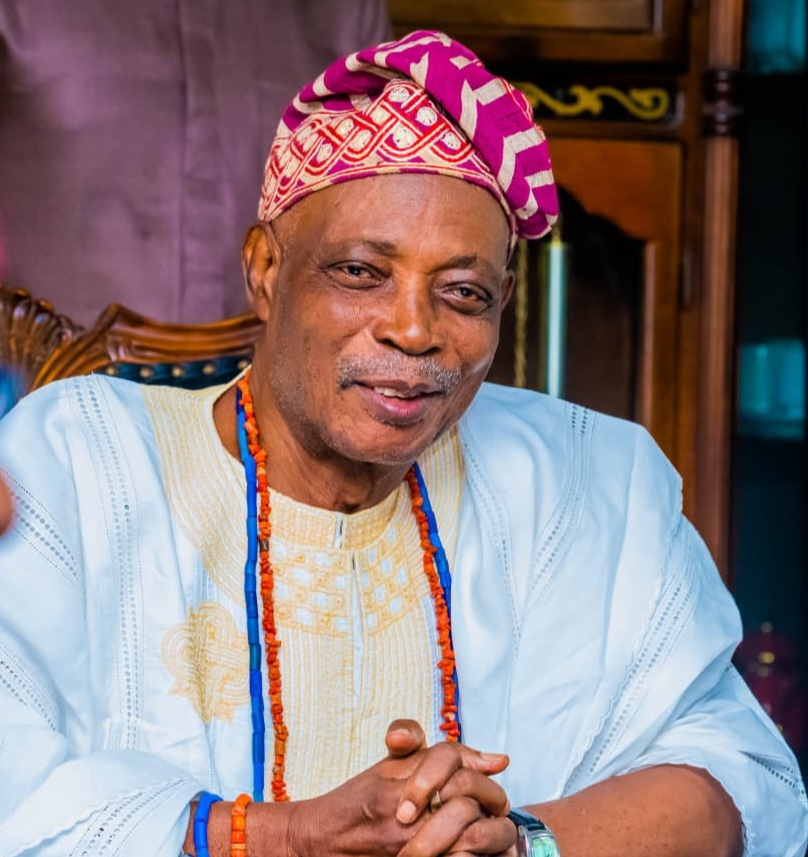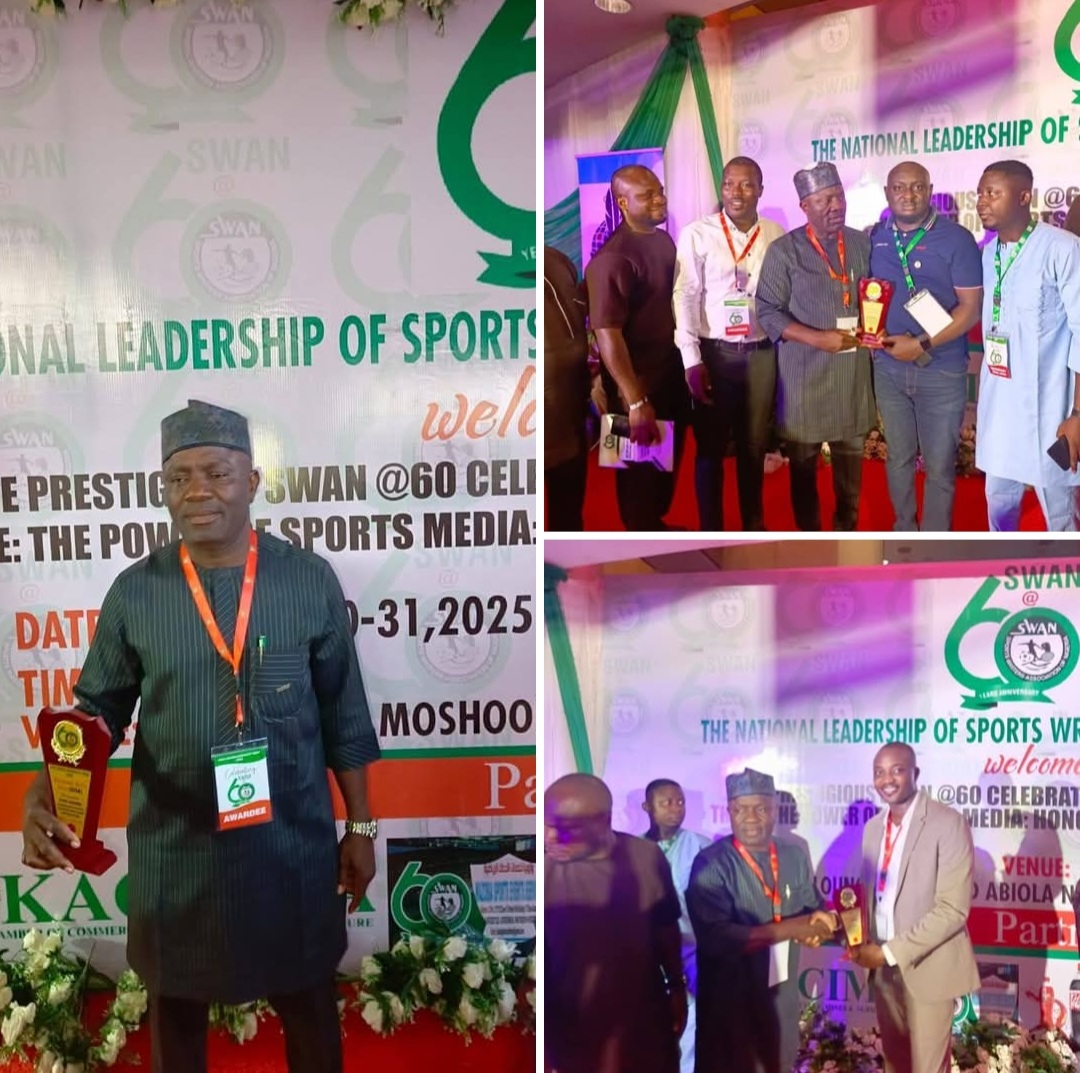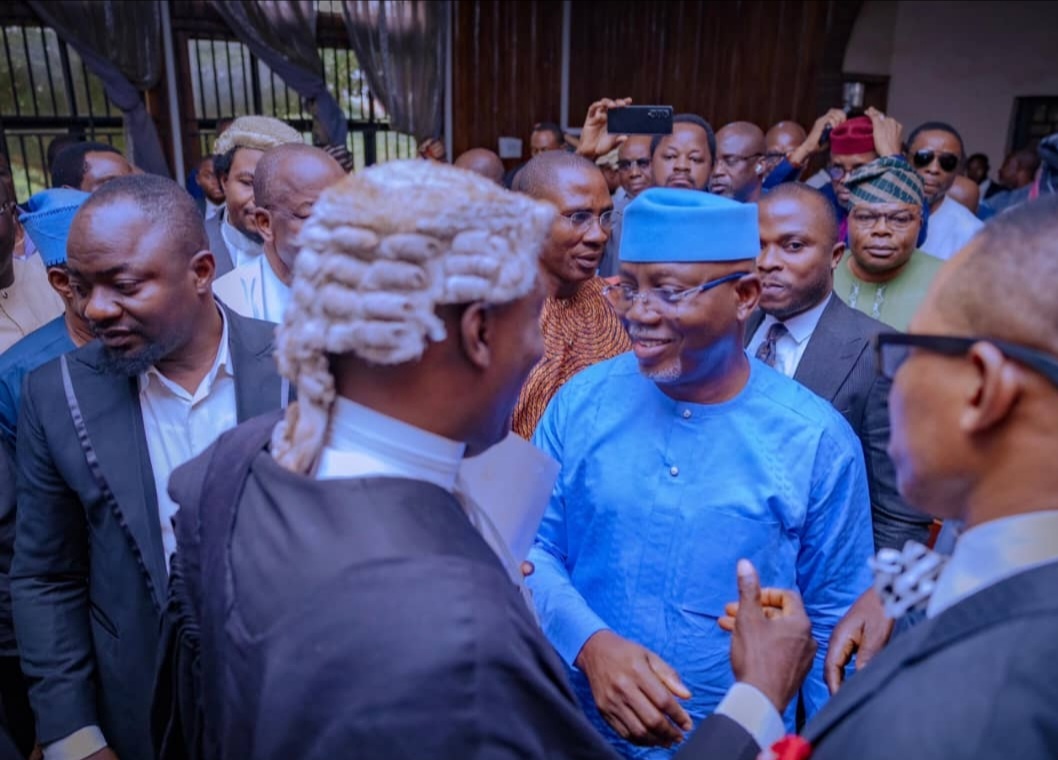
There was a time in the political history of Ondo State—particularly towards the twilight of the late Dr. Olusegun Agagu’s administration—when the then ruling party, the People’s Democratic Party (PDP), was deeply fragmented. The party split into factions for patronage: “PDP Local” and “PDP State.” This division was especially pronounced at the local government level and largely determined what a party member could gain.
Similarly, during the transition of the Labour Party (LP) into the PDP ahead of the 2016 governorship election, the party once again fractured—this time into PDP Kònígbà and PDP Gbàsibè. This split was a by-product of the simultaneous Lagos/Port Harcourt conventions and the legal tussle between Ali Modu Sheriff and Ahmed Mohammed Makarfi over the legitimacy of the party’s national leadership. That marked the beginning of the party’s misfortunes in the state. But that’s a story for another day.
The aim of this short reflection is to explore the contextual meaning of “PDP Kònígbà” and its implications. In Nigerian parlance, Kònígbà roughly translates to “we no go gree.” It implies taking a hard-line, rigid, and often uncompromising stance. In politics, such a position reflects foolhardiness and stubbornness.
But politics isn’t a straightjacket affair—it’s dynamic. As political scientist Harold Lasswell famously put it, politics is “who gets what, when, and how.”
Politics sometimes requires a blend of statecraft and seamanship to produce true statesmen. It must always be anchored in service to the people. This is why politicians are often urged to embrace the spirit of sportsmanship.
Yesterday, the Court of Appeal sitting in Akure affirmed the victory of Governor Lucky Aiyedatiwa and his deputy, Dr. Olayide Adelami, in the November 16, 2024 governorship election.
The appeal panel, led by Hon. Justice Yargata Nimpar (Presiding Justice), alongside Justices K.I. Amadi and I.M. Sani, unanimously dismissed all four appeals, describing them as lacking in merit. All issues raised by the appellants were resolved in favour of the respondents, with fines imposed.
In what is now dubbed “18–0 Pro Max,” the Independent National Electoral Commission (INEC) had earlier declared Lucky Aiyedatiwa of the All Progressives Congress (APC) the winner, having polled 366,781 votes to defeat all other candidates.
For the umpteenth time, both the people and the courts have spoken. Yet, I won’t be surprised if by tomorrow, the PDP files an appeal to the Supreme Court. Clearly, the PDP Kònígbà spirit has not departed the party and its allies.


